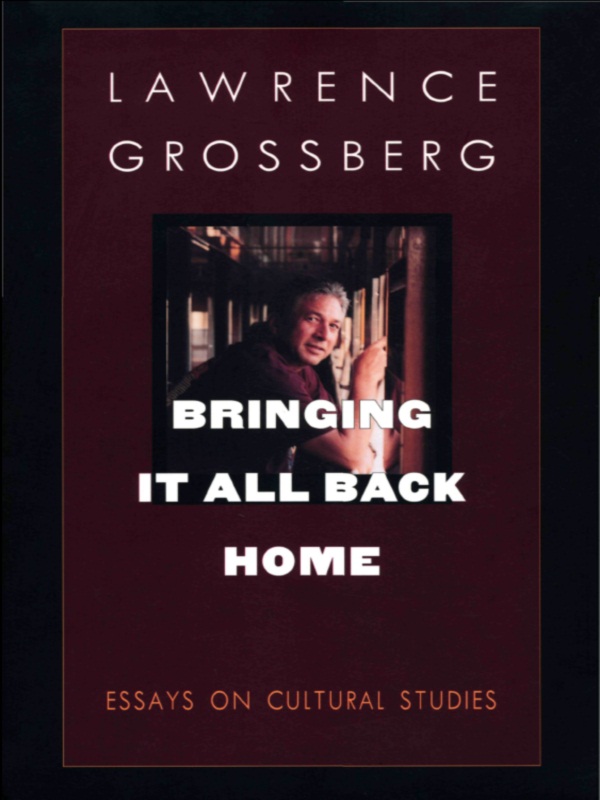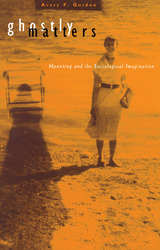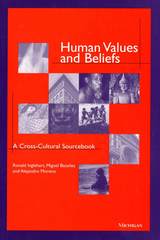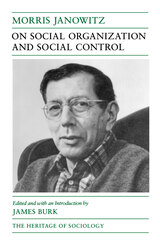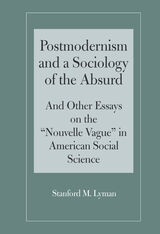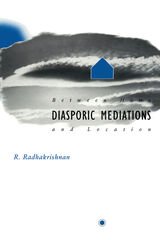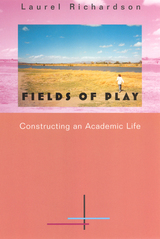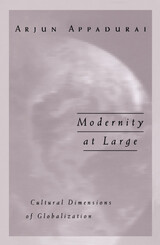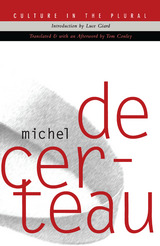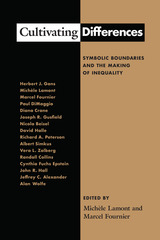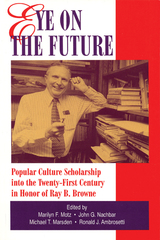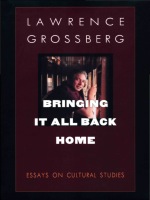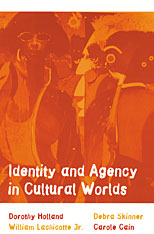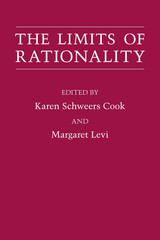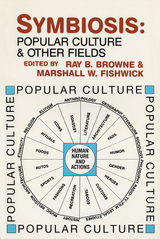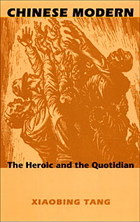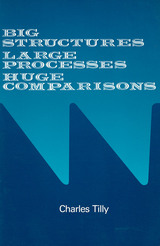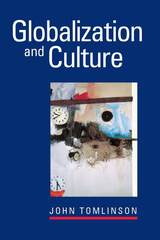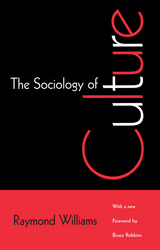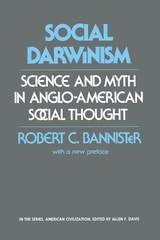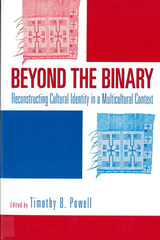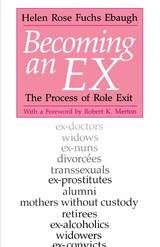Paper: 978-0-8223-1916-0 | Cloth: 978-0-8223-1911-5 | eISBN: 978-0-8223-9617-8
Library of Congress Classification HM101.G8335 1997
Dewey Decimal Classification 306.07
The essays collected here recognize both the specificity of cultural studies, by locating it in a range of alternative critical perspectives and practices, and its breadth, by mapping the extent of its diversity. By discussing American scholars’ initial reception of cultural studies, its relation to communication studies, and its origins in leftist politics, Grossberg grounds the development of cultural studies in the United States in specific historical and theoretical context. His criticism of "easy" identification of cultural studies with the theories, models, and issues of communications and his challenge to some of cultural studies’ current directions and preoccupations indicates what may lie ahead for this dynamic field of study. Bringing together the Gramscian tradition of British cultural studies with the antimodernist philosophical positions of Foucault, Deleuze, and Guattari, Grossberg articulates an original and important vision of the role of the political intellectual in the contemporary world and offers an essential overview of the emerging field of cultural studies by one of its leading practitioners and theorists.
See other books on: Bringing It All Back Home | Cultural Studies | Culture | Grossberg, Lawrence | Popular culture
See other titles from Duke University Press
